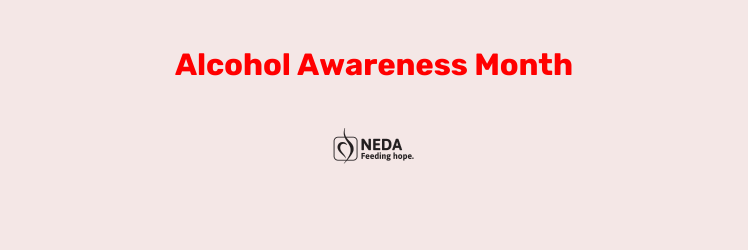Ignore and Avoid
That was how I lived. Something upset me? Just forget about it. Afraid of conflict in setting boundaries? Don’t make them. Worried about gaining weight? Don’t eat. My whole existence revolved around those three solutions. When I found myself burnt out and broken starting my last year of college, I stayed true to my system. Only now, we were back in person after the pandemic. I lived away from home and was able to self-medicate however I saw fit.
With no one to notice I was drinking heavily and not eating, the downward spiral was effortless. I was immediately numb to how quickly it consumed me. I’d sit in class waiting to drive home so I could start drinking. I only went to supermarkets that had liquor stores next to them. It was all I thought about.
What does Recovery mean to me?
When I started my recovery journey, it was a reluctant attempt. Why get help when there’s nothing wrong? Oh, Denial. Eventually, I came to terms with the fact I needed help, but what even was recovery?
Nowadays, I know recovery as a lifelong commitment to take care of yourself with compassion. I was discouraged by seemingly unfathomable goals, so I visualized my recovery differently. I used my times of hopelessness as learning moments. I needed to understand my feelings to figure out how to handle them.
Outcome
After many learning moments, I now have a healthy relationship with alcohol and food. My goal was to be able to enjoy an occasional drink like I had before alcohol became a crutch, and I got there. I understand this isn’t an option for everyone and there may come a time where it isn’t an option for me anymore. Does this make me a recovery fraud? Some people think so.
The point I want to stress is that, for me, escaping that place of dependency is the goal. What that looks like is different for everyone. If recovery is restricted to one ideal, then there’s only one way to be “successful” and a thousand ways to fail. That’s why it’s important to have a support system: family, friends, mental health professionals, etc. to help in deciphering what the goal(s) should be.
Today
Do I still have moments where I want to drink alone until I don’t feel anything? Yes. Instead, I’ll plan a surprise for my fiancé or go down a YouTube rabbit hole. In retrospect, I feel proud of the progress that made self-control possible.
Did I recently look in the mirror, and plan to restrict until I reached an unhealthy goal? Yes. Instead, I noticed I was uncomfortable in my now-too-tight jeans and went shopping for the next size up. I reflect on this moment often because it amazes me that I never saw that as an option. With one purchase, I felt something I never had for myself…acceptance.
My nugget of wisdom I share with others is the importance of baby steps. Start small, forgive yourself, and find your reasons to heal.
Kayleigh is a 24 year old unofficial advocate for breaking mental health stigma. In her spare time, she enjoys writing, sketching, and lounging with her cat Stevie (named after Stevie Nicks). Her goal in life is to help others by sharing her life experiences with anxiety, cPTSD, and eating disorders.





